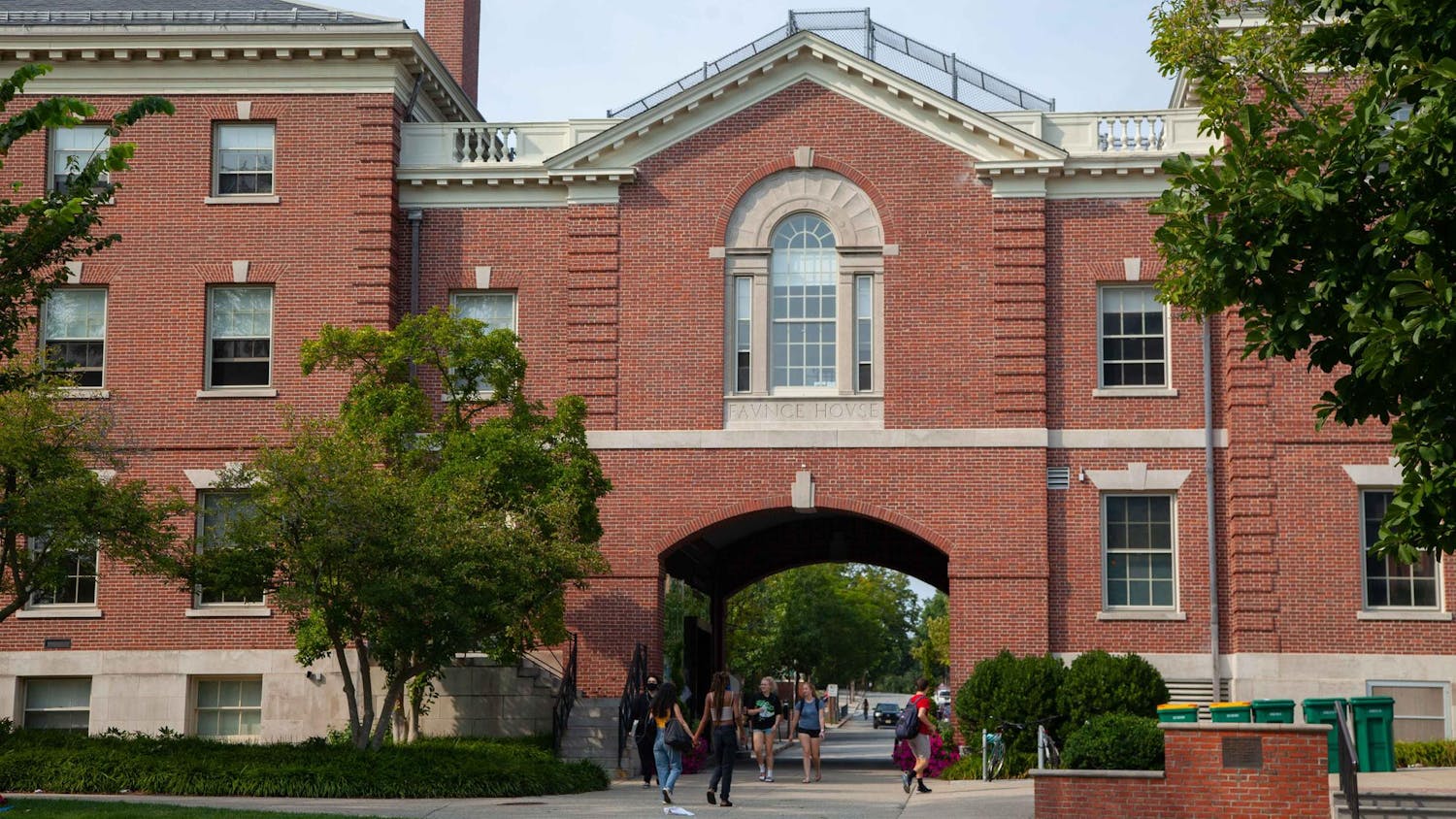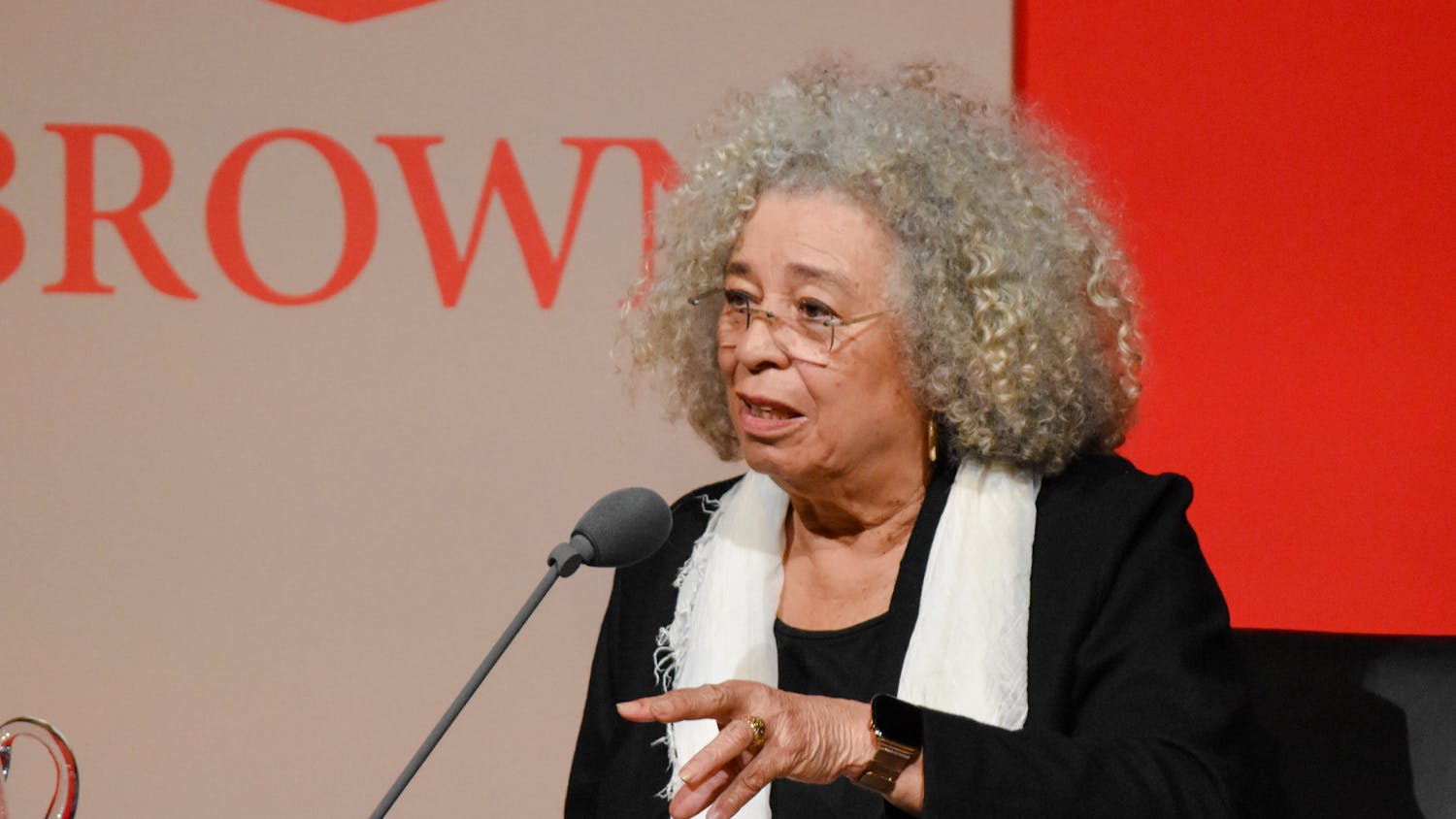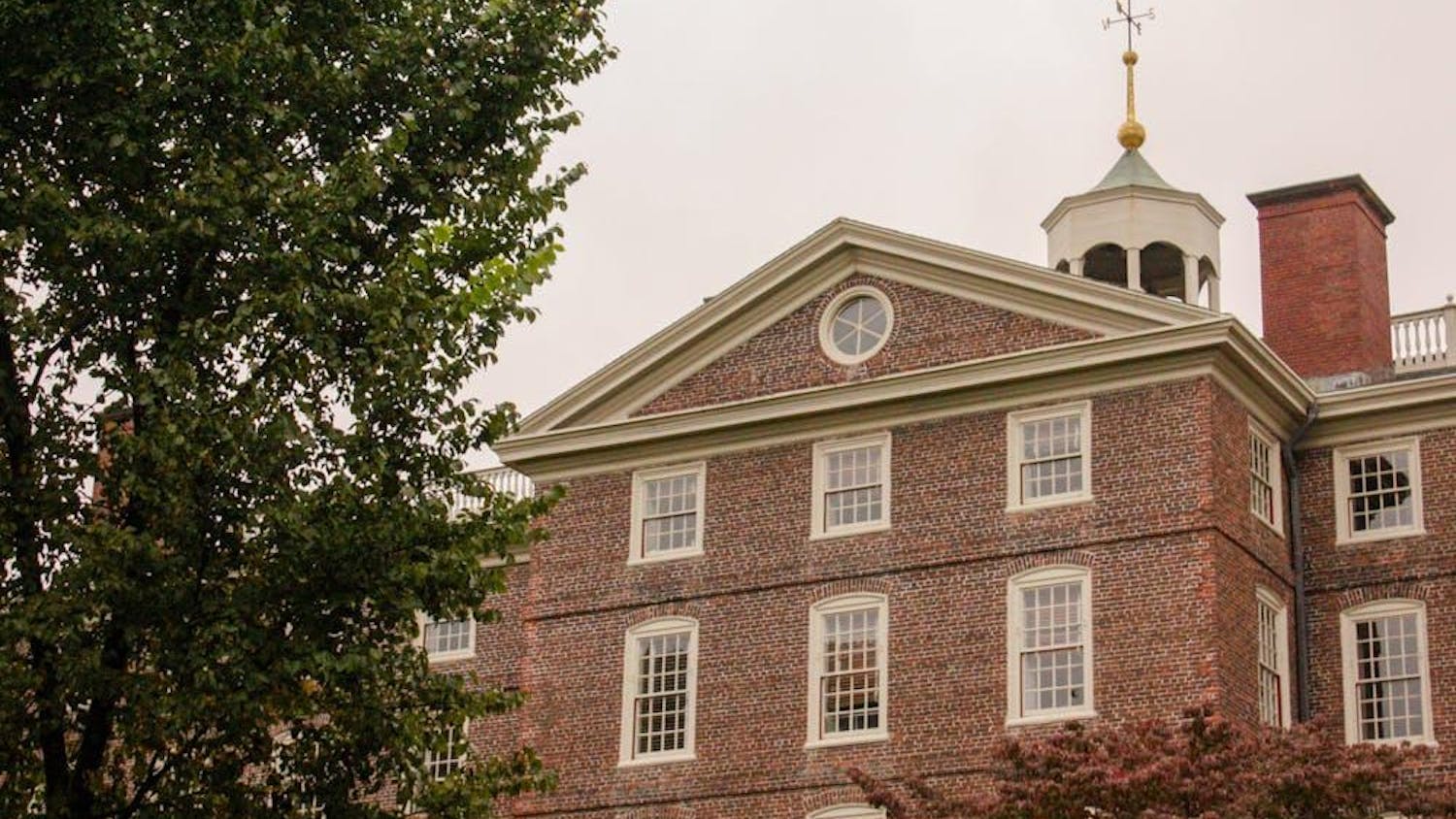Across campus, programs like the Gender, Power and Sexuality workshop — formerly FemSex — and Sexual Assault Peer Education foster conversations to help students examine issues of identity and gendered violence. Amongst these discussions, the new Men’s Story Project takes a novel approach.
Formed this fall, the Men’s Story Project brings together male-identifying students to create and share stories about their masculine identity. These conversations will culminate this spring in a performance that will showcase these narratives.
“What does that mean in terms of asking for consent if you need to be viewed as tough and domineering and hypersexual?” asked Marc Peters, men’s health coordinator, referring to gender themes that the Men’s Story Project seeks to address.
“We talk a lot in the meetings about how to frame the project,” said Ricardo Jaramillo ’18, one of the student coordinators. “It is a really delicate and complicated thing because the idea of it is not that men are being oppressed or that there needs to be more affirmation of masculinity,” he said.
The group instead aims to open a space for male-identified students to talk about the good and the bad that goes along with the “male” label.
“I didn’t know how to kick a ball; I didn’t understand why that was important; I didn’t know how to do all these manly things; I didn’t know (anything) about cars,” said Andrew Vann ’17, one of the student leaders of the project. “Coming to college … I came to the realization of why I was like that and that it was okay to be like that.”
The Men’s Story Project is not a uniquely Brown program. The program, created by Jocelyn Lehrer as part of her postdoctoral fellowship at the University of California, San Francisco, is now licensed to groups around the world who use the model to create their own variations of the project. The program is “a replicable storytelling and community dialogue project that brings exploration of social ideas about masculinity into public forums, through men’s own voices and stories,” according to the Men’s Story Project website.
The initiative is one-of-a-kind not only because it offers participants their own space to address ideas surrounding male identity, but also because it is specifically designed to be inclusive. It is open to all who self-identify as male, and ideally at least half of the presenters would be men of color, according to the program’s guidelines.
Brown is among the first colleges and universities to start their own version of the program. “The fact that the University is strongly behind something like this says a lot about what we are trying to do on this campus,” Peters said. Transformative Conversations@Brown, an initiative of the Office of Diversity and Inclusion, met the program with enthusiasm and unanimous approval, he added.
Most of the spaces available for conversations surrounding identity at Brown are geared toward groups that face systematic forms of oppression. While this is not the case for men in our patriarchal society, there are still many ways that traditional ideas of masculinity are harmful — both in how they affect men and in how those norms are expressed in gendered violence, Jaramillo said.
The program’s leaders expressed an openness to talking about sexual assault, emphasizing that they will be sure to act on the most comprehensive definition of the term.
“We have talked a lot about sexual assault, but often male survivors are left out of that conversation — so we can not forget some of those narratives,” said Justice Gaines ’16, a student leader of the project.
“Not all forms of sexual violence occur along the gender binary,” Vann said.
The group is currently reaching out to various constituencies on campus to recruit participants. The group hopes to recruit students who would benefit from the space and who could “put on a performance in the spring of next year so we can open it up into the community for these narratives to be presented,” Gaines said.
Peters said interested students should contact him for more information.
“I see this as a great opportunity for self-discovery and for people to come together and share each other’s stories … and understand each other’s struggles and be vulnerable with each other,” Vann said.
A previous version of this article misstated that Jocelyn Lehrer created the program as part of her doctorate at Harvard. In fact, she created it as part of her postdoctoral fellowship at the University of California, San Francisco. The Herald regrets the error.




